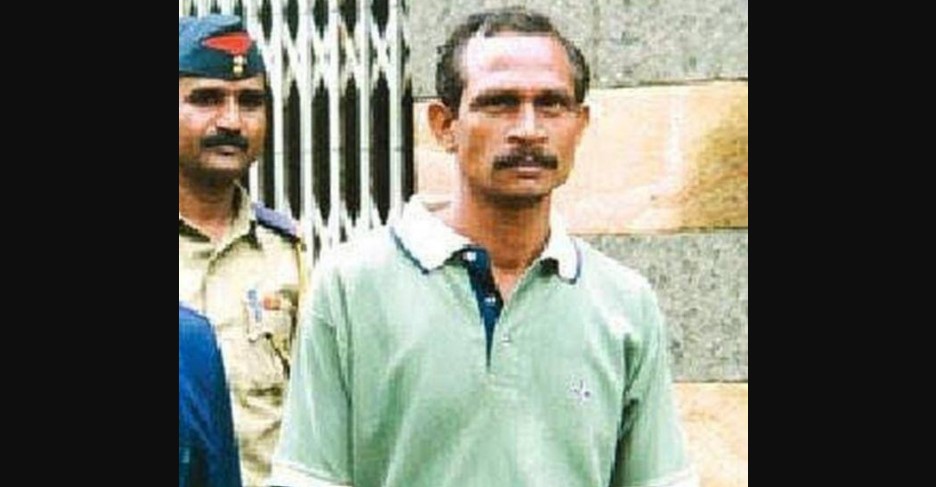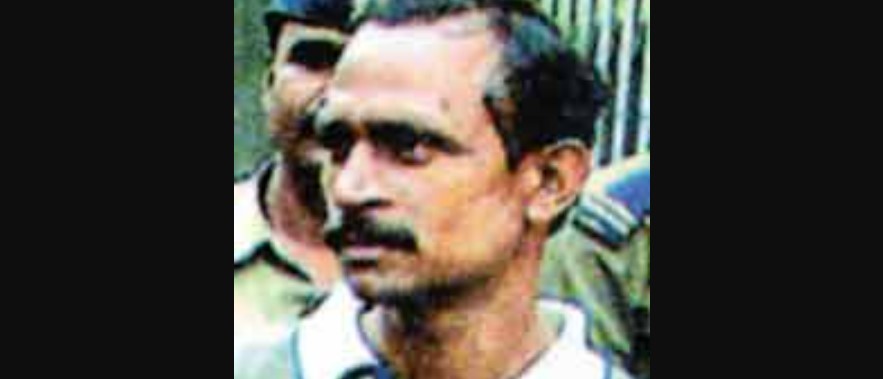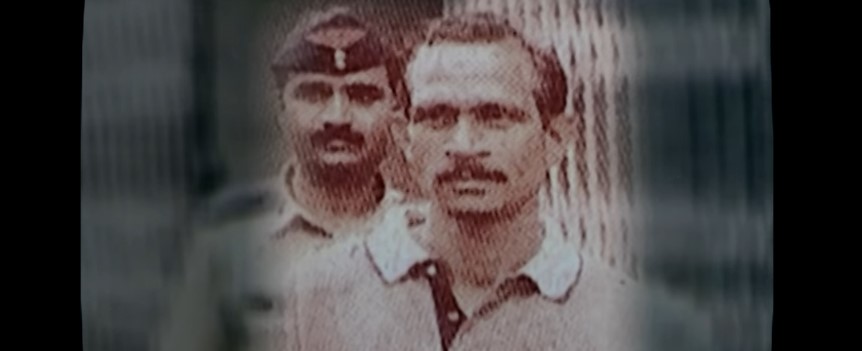What happened in a courtroom in Nagpur, Maharashtra, India, in August 2004 was the culmination of more than a decade of unpunished crimes. Netflix’s three-part docuseries, ‘Indian Predator: Murder in a Courtroom,’ focuses on the much-publicized lynching of Bharat Kalicharan, AKA Akku Yadav, by a group mainly consisting of women and children. The show explores his alleged crimes and what led to the lynching. So, if you’re wondering the same, we’ve got you covered.
Who Was Akku Yadav?
Akku Yadav was born sometime in 1971 into a big family of cattle farmers. He turned to criminal deeds at a young age; as per the show, he followed in his brother’s footsteps. Lallu, who worked in the railways, was also a criminal. Akku started by breaking into homes and stealing things, but what happened over the next decade and a half was unimaginable. Yet, according to the locals of Kasturba Nagar in Nagpur, police did little to curb him.

The residents of Kasturba Nagar were mostly Dalits, the supposed “untouchables” of society in India. Akku terrorized the people there and was accused of multiple rapes and murders; in one instance, he and his accomplices allegedly raped a woman. Yet, when she went to the authorities, it was reported that the police sexually assaulted her as well. Another woman was reportedly raped ten days before she gave birth, and she later killed herself by setting herself on fire.
The locals also stated that Akku and his gang raped a seven-month-pregnant woman in the middle of the road. They further mentioned how he once had a man strip down and dance in front of his young daughter. It wasn’t just rape; Akku was accused of killing at least three people, including chopping a woman up in front of her daughter. While he was arrested several times, he was released soon after because he bribed the police and gave them alcohol, leading them to let him go.
The people who lived there talked about how Akku used the sexual assault of women as a way to control men. Even when the women went to the police to file a complaint, they would accuse the survivors of having an affair with him or say, “You’re a loose woman. That’s why he raped you.” Then, one day in 2004, Akku attacked the family that lived next to the Narayane family. Usha Narayane, one of the few educated in the area, went to the police despite being warned not to.
As a result, Akku and his gang surrounded her house, and he threatened to rape and kill her. However, she dragged a gas cylinder out and threatened to take everyone with her that day. This catalyzed the rest of the people, who rose against Akku. As a result, he fled the area and turned himself over to the police for protection on August 7, 2004. A few days later, the locals learned that Akku would be free since a bail hearing was to be held on August 13, 2004.
A Mob’s Fury Led to Akku Yadav’s End
Several hundred women went to the courthouse that day and saw Akku there. When he walked past a woman that he had raped previously, he began calling her names and threatened to assault her again while the police reportedly did nothing but laugh. The woman incensed, started to hit him with her slipper, eventually leading to the mob of women attacking Akku.

The women threw chili powder in Akku and the police officers’ faces as the officers fled. The mob used vegetable knives to stab him repeatedly, and one of them cut off his penis. He shouted, “Forgive me! I won’t do it again!” as he was being lynched. The 32-year-old was stabbed more than 70 times and killed as the mob fled the scene. The attack was seen as the culmination of the people’s frustration with years of inaction by the police, who often didn’t take complaints seriously and were reported to be siding with Akku.
Though five women were arrested, they were quickly granted bail after protests. V Chandra, a trade union leader, said that the lynching would serve as a reminder that the judicial system was effective and called the killing justified. While 21 were accused of the murder, all of them were acquitted in November 2014 after several delays. The judge stated that eyewitness accounts were unreliable, and there was no concrete proof that the people accused were responsible for the murder.
Read More: Where is Lawyer Vilas Bhande Now?


You must be logged in to post a comment.